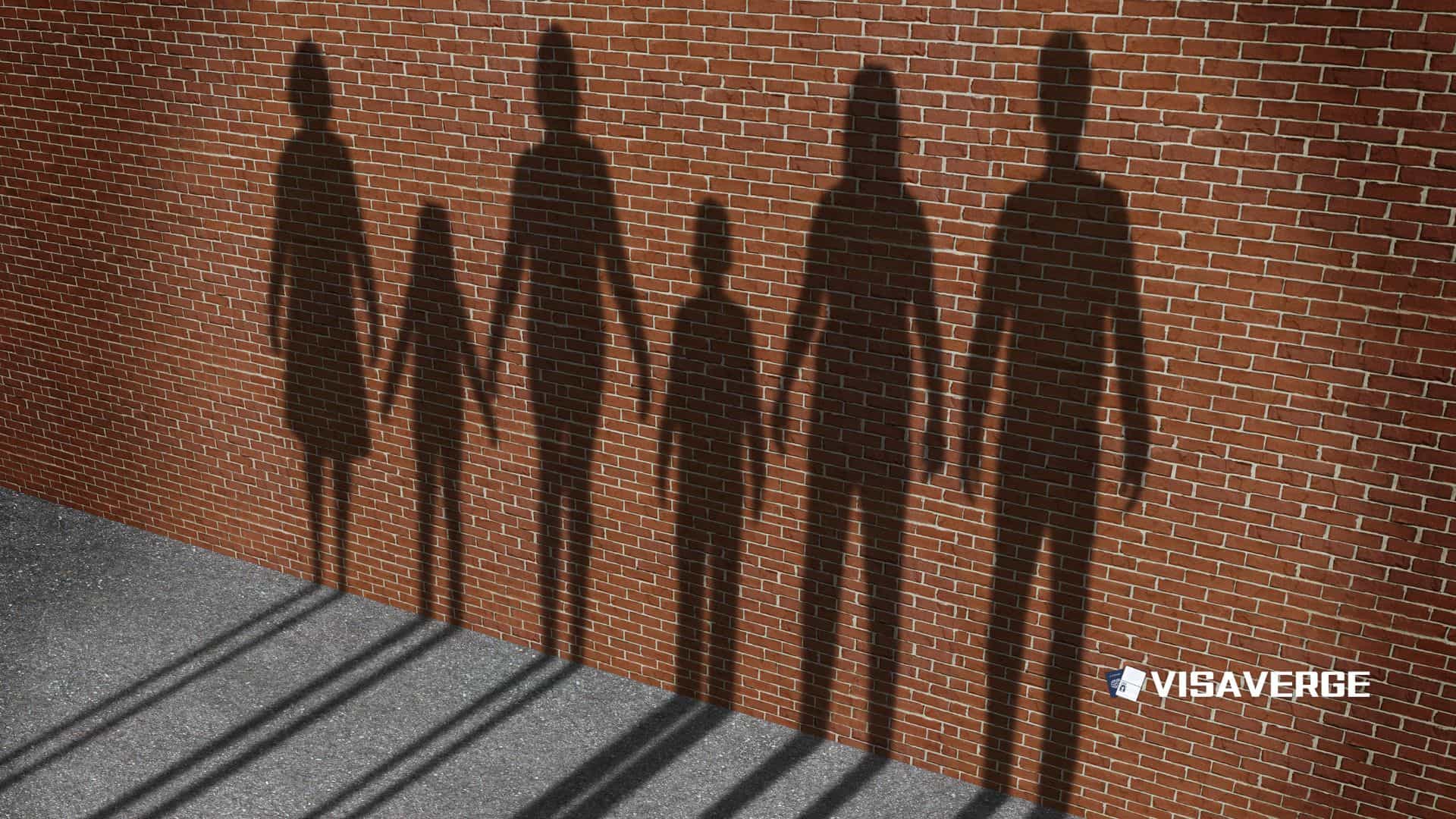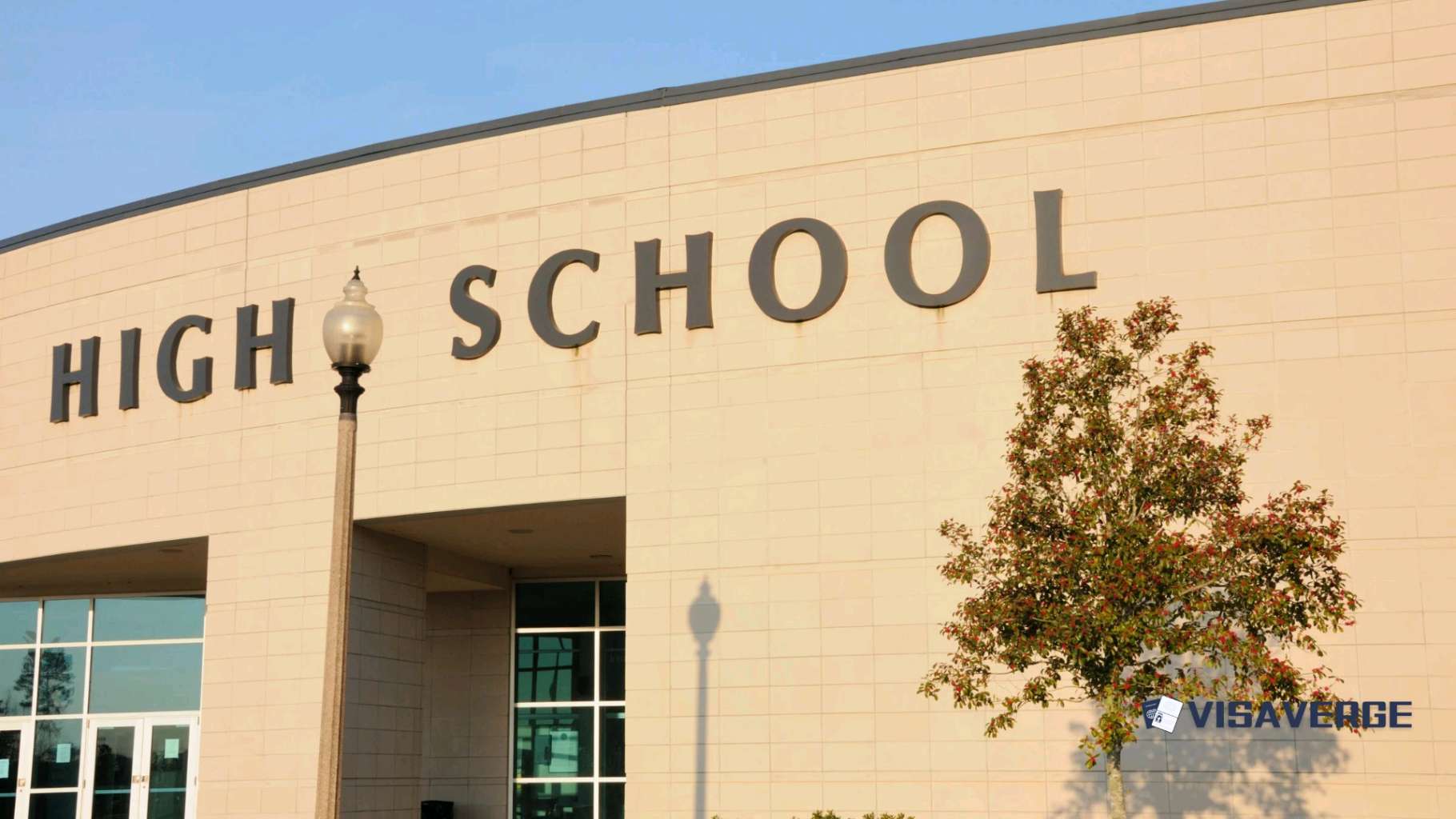(COLDWATER, KANSAS) The newly reelected mayor of this tiny southwest Kansas town is facing possible deportation and years in prison after state prosecutors charged him with voter fraud, accusing him of casting ballots in three elections despite not being a U.S. citizen.
Joe (Jose) Ceballos, a legal permanent resident originally from Mexico who has lived in the United States for more than 40 years, was charged just days after winning a second term as mayor of Coldwater, Kansas, with nearly 83% of the vote. Kris Kobach announced that Ceballos, a registered Republican and green card holder, faces three counts of voting without being qualified and three counts of election perjury. If convicted on all counts, he could face up to 68 months in prison and $200,000 in fines, as well as deportation.

“In Kansas, it is against the law to vote if you are not a U.S. citizen. We allege that Mr. Ceballos did it multiple times,” Kobach said when unveiling the charges.
He has framed the case as evidence that voter fraud by non-citizens is not theoretical but real.
“Voting by noncitizens, including both legal and illegal aliens, is a very real problem. It happens. Every time a noncitizen votes, it effectively cancels out a U.S. citizen’s vote,” Kobach said.
For Coldwater, a town of around 700 people, the case has turned a normally quiet local election into a national flashpoint over voter fraud, immigration enforcement and what should happen when a long‑time resident who is not a citizen participates in the political process. The charges come as officials say they plan to review up to ten years of voter registrations across Kansas to look for similar cases.
According to the Department of Homeland Security, Ceballos registered to vote by claiming to be a U.S. citizen. Federal officials say that while he checked a box or otherwise indicated citizenship for voter registration, he did not make the same claim on his application to become a citizen. DHS says he only applied for citizenship in February 2025, after having already taken part in three elections in Kansas. On top of the voting allegations, DHS has also noted that Ceballos was convicted of battery in 1995.
Kansas law draws a sharp line between citizens and non-citizens in the voting booth. It is illegal for non-citizens to vote or to hold state office. Merely appearing on the voter rolls as a non-citizen is not itself a crime under state law, but actually casting a ballot as a non-citizen is a felony. If a non‑citizen is convicted of voter fraud, the consequences go beyond prison time or fines; they can be placed in removal proceedings, the formal process that can end in deportation and permanent bars on returning to the United States or ever obtaining citizenship.
Tricia McLaughlin underscored that point in remarks about the case.
“This alien committed a felony by voting in American elections. If convicted, he will be placed in removal proceedings,” McLaughlin said.
She also highlighted how federal and state officials are using the Systematic Alien Verification for Entitlements program, known as SAVE, to verify citizenship for voter registration. The SAVE system, run by U.S. immigration authorities, is designed to help agencies confirm whether a person is a citizen or holds some other immigration status, and details about the program are published on the official SAVE page.
Ceballos’s first court appearance is scheduled for December 3, 2025, where prosecutors are expected to outline the voter fraud allegations in detail. Until then, he is stepping away from his mayoral duties, leaving Coldwater’s local government in limbo just weeks after voters overwhelmingly chose him to remain in office.
His lawyer, Wichita-based defense attorney Jess Hoeme, has painted a very different picture from that offered by Kobach and DHS officials. Hoeme told the Washington Post that Ceballos did not knowingly break the law and that his sense of belonging in the United States blurred the legal lines in his mind.
“He thought he was an American. He’s always been an American. The technicality of citizenship perhaps has escaped him,” Hoeme said.
The attorney has made clear that Ceballos will contest the charges in court rather than seek a quick plea deal.
The human stakes of the case are felt acutely in Coldwater, where Ceballos is not just a name in a charging document but a neighbor and local leader. TruDee Little, who previously served as the city clerk, described him as deeply rooted in the community and motivated by service rather than personal gain.
“An honest and sincere man,” she called Ceballos, adding, “People run for office in a town like Coldwater out of concern for the community.”
Some residents who voted for him say they admire his work ethic and his commitment to the town but also accept that rules about citizenship and voting exist for a reason. Allen Davis, a Coldwater resident, said,
“He wasn’t here with a hand out… He wasn’t that man,”
drawing a contrast between Ceballos and stereotypes about immigrants seeking government benefits. At the same time, Davis said, “Allowing noncitizens to vote would be a devastation to this country,” and believes Ceballos made a mistake.
Davis also suggested that the aggressive pursuit of the case may reflect political ambition as much as concern about election integrity. “I think somebody is probably trying to make a name for themselves as a politician,” he said, without naming Kobach directly. Those comments echo criticism from some national observers who see the Coldwater case as part of a broader effort by Republican officials to spotlight voter fraud as a justification for tighter voting rules.
For Kobach, who has long argued that even small numbers of improper votes can sway close races, the Ceballos prosecution appears to be an example he can point to when calling for tougher verification of voter rolls. Officials say the case shows how non-citizens can end up registered to vote through routine interactions with state systems, especially when they obtain driver’s licenses or state IDs, and when local officials do not systematically verify citizenship. McLaughlin’s reference to using the SAVE program is part of a push to create more direct links between immigration databases and voter registration systems.
Supporters of strict enforcement say the Coldwater case proves that gaps in the system allow non‑citizens to participate in elections, even if only in small numbers. They argue that every unlawful vote should be treated as a serious offense and that deportation is an appropriate response when a non-citizen lies about being a citizen to vote. Opponents warn that focusing heavily on rare cases of non‑citizen voting can feed a broader narrative about widespread voter fraud that is not supported by the numbers, and that it risks stigmatizing long‑time residents like Ceballos who may have deep ties to their communities but lack a piece of paper confirming citizenship.
What is not in dispute is that, under current law in Kansas, the outcome of Ceballos’s case could shape the rest of his life. If he is convicted of felony voter fraud and election perjury, immigration authorities would treat those findings as grounds for removal. That would mean that a mayor who just weeks ago commanded nearly 83% of the vote in his town of Coldwater, Kansas, could be ordered onto a plane and separated from a country where he has lived for more than 40 years.
The 1995 battery conviction noted by DHS adds another layer of legal complexity. While that offense dates back 30 years, old criminal records can still factor into immigration decisions, particularly when combined with new felony convictions. Lawyers who work on deportation cases often describe situations where a series of past and present legal problems, taken together, tip the balance toward removal even when a person has a long history of lawful residence. In Ceballos’s case, his decades in the United States, his position as an elected official and his backing from Coldwater voters could all be weighed against the charges now pending in state court.
In the meantime, residents of Coldwater are left with a mayor who has stepped aside under a cloud of voter fraud allegations, and a town government trying to function without the person they just decisively chose to lead them. People who spoke about Ceballos described a man who, despite being born in Mexico and holding only a green card, saw himself as part of the fabric of Kansas life, enough so that he ran for office and won twice. Hoeme’s remark that “The technicality of citizenship perhaps has escaped him” gets to the heart of the tension: legally, citizenship is a clear line; socially, the line can feel much blurrier.
The national debate stirred by the case extends well beyond Comanche County. Advocates for immigrants say it underscores how confusing U.S. rules can be for legal permanent residents, some of whom mistakenly believe that paying taxes, serving their communities and holding long‑term residency confer the same rights as citizenship, including voting. On the other side, advocates of tighter election laws point to this prosecution to argue that existing safeguards are not enough and that systems like SAVE should be used more aggressively to flag non‑citizens before they ever cast a ballot.
Kansas officials have already said they plan to review up to ten years of voter registrations for possible non‑citizen entries, signaling that the fallout from the Coldwater case could spread beyond one mayor. That review could lead to more prosecutions, more removal proceedings and more local communities confronting the sudden loss of long‑standing neighbors to deportation proceedings triggered by voter fraud investigations.
As December 3, 2025 approaches, all sides are preparing for a legal battle that will decide not only Ceballos’s fate but also how Kansas and the federal government will present this case in the wider argument over election integrity and immigration enforcement. For Ceballos, the stakes are personal and stark: if a judge or jury accepts the state’s version of events, the man Coldwater voters just endorsed with nearly 83% support could see his political career end in a felony conviction and his life in the United States end in deportation. For Kansas officials who have made voter fraud a priority, the case is a test of how far the law will go when questions of citizenship, identity and the right to vote collide in a small town on the High Plains.
This Article in a Nutshell
Joe (Jose) Ceballos, a longtime legal permanent resident and Coldwater mayor, faces six felony counts for allegedly voting in three elections while not a U.S. citizen. Reelected with nearly 83% of the vote, he stepped aside as prosecutors filed charges that could bring up to 68 months in prison, $200,000 in fines and deportation. Authorities say he registered claiming citizenship and only applied for naturalization in February 2025; his first court date is December 3, 2025. The case prompted a planned review of up to ten years of Kansas voter rolls and renewed debate over voter verification systems like SAVE.













